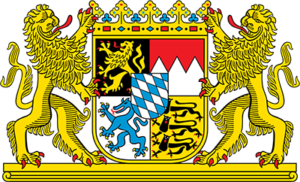Identification of new taste-modulating compounds for reduced-calorie foods and better tasting medicines
Scientific and digitized evaluation of 40,000 recipes from historical Chinese medicine documentation was the starting point of the SimLeap project (Sweet and Bitter Modulating Compounds Leveraging Ancient Prescription). It has resulted in a data matrix of 27,000 x 3,100 ingredients, which was further tested by sensory committee and led to new substances.
March 2021

© Bicoll GmbH
Dr. Kai Lamottke, Managing Director Bicoll GmbH
“The hypothesis was confirmed and Bicoll was able to identify the plant materials and their chemical structures with sweet or bitter masking activity.”
Dr. Kai Lamottke
Managing Director, Bicoll GmbH
Numerous diseases in Western industrialized countries are diet- and lifestyle-induced. For cardiovascular diseases and diabetes mellitus, a connection has been proven between diseases on the one hand and lack of exercise and obesity on the other. Six million people in Germany, alone, suffer from type 2 diabetes mellitus and its consequences.
The foundation for malnutrition is often laid in childhood. For example, misguided taste impressions result from the excessive consumption of foods with a high proportion of monosaccharides (simple sugars). The associated manipulation of taste buds makes natural and healthy products appear tasteless or too bitter. Consumers turn to products with high sugar content, and the vicious cycle of malnutrition begins.
In 2017, SimLeap set as its goal the identification of extracts and/or active agents that can mask the bitter taste of natural foods or optimize the sweet taste and thus support food reformulation in a positive way.
On 04 March 2021, Bicoll, an expert in plant-derived drug discovery, announced the results of the research consortium “SimLeap”. Both sensory experts and high-resolution mass spectrometry confirmed that small molecules in plant materials contain sweet- or bitter-masking activity. In addition, a long-standing use by humans was demonstrated by available historical Chinese manuscripts database of ICL, Charite. These promising preliminary data were presented at the 32nd “Irseer Naturstofftage”.
Dr. Kai Lamottke, Managing Director, Bicoll GmbH: “SimLeap project was officially and successfully completed on January 31, 2021. The hypothesis was confirmed and Bicoll was able to identify the plant materials and their chemical structures with sweet or bitter masking activity. In addition, significant improvements were made to the source database used for data mining. This approach was carried out by the Institute of Chinese Life Sciences, Charité University Medicine in Berlin. Finally, Symrise tested the components. The use case here is twofold: it enables the improvement of taste and thus the adaptation of healthy low-carbohydrate diets, as well as the increase of patient compliance through better-tasting medicines.”
About Bicoll
The Bicoll Group is a privately held biopharmaceutical company that includes Bicoll GmbH, based in Planegg / Martinsried near Munich, Germany, and its wholly owned subsidiary Bicoll Biotechnology (Shanghai) Co. Ltd.
Bicoll provides preclinical support with an efficient, multidisciplinary approach to drug discovery. Bicoll is dedicated to the discovery and optimization of the highest quality lead structures and provides services to international clients in the pharmaceutical, agrochemical and related industries. The unique combination of expertise in high-tech natural product chemistry as well as medicinal chemistry enables Bicoll to increase the quality and quantity of the drug discovery pipeline of its partners’ candidate portfolios.
www.bicoll-group.com
About the Institute for Chinese Life Sciences, Charité – Universitätsmedizin Berlin
The Institute for Chinese Life Sciences (ICL) at Charité – Universitätsmedizin Berlin was founded as an interdisciplinary institution for research and teaching with the aim of providing a serious scientific platform for the increasing integration of Western and East Asian life sciences. The ICL combines basic competencies in medicine, public health, public health, life sciences, culture, history, philosophy and ethics in China and the Western world. One focus is the translational competence of systems comparison (cultures past and present, governance) and cooperation.



